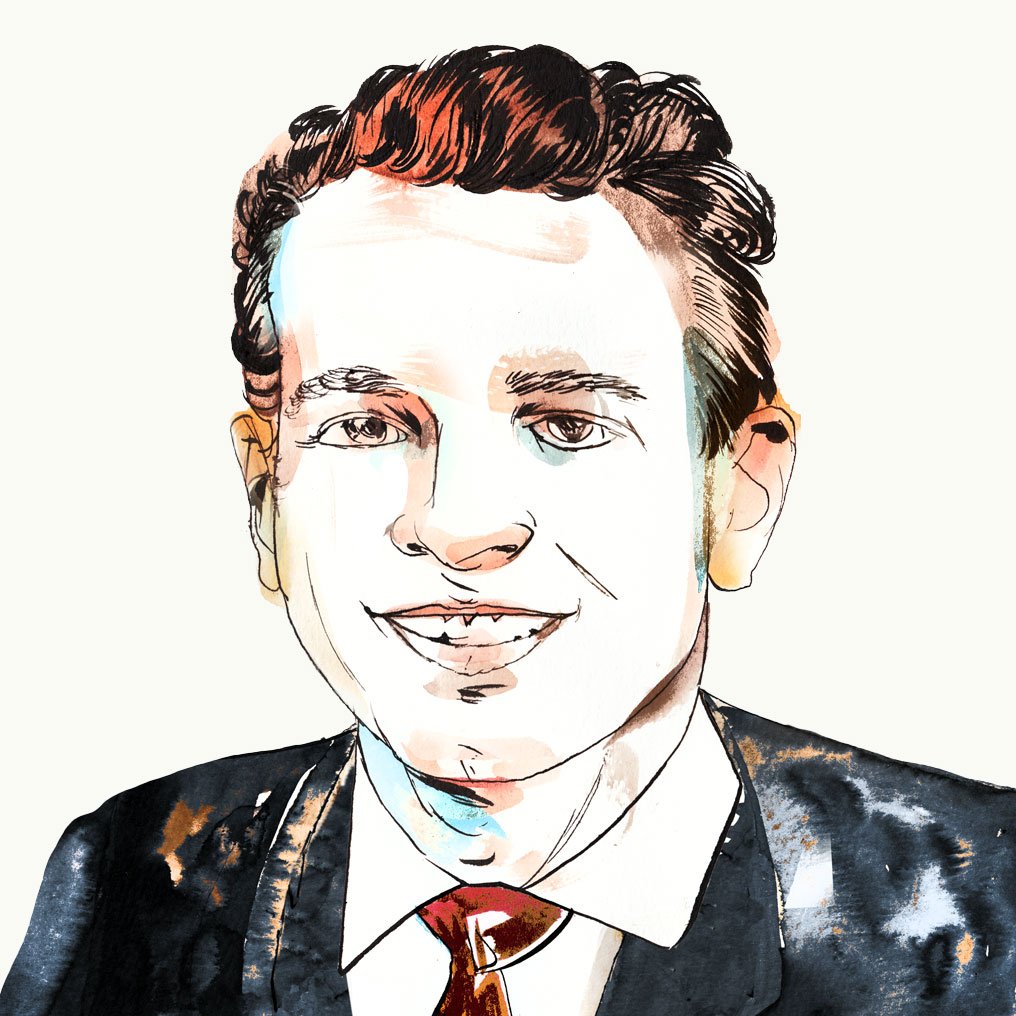Last week, Rusty Reno commented on the protests at Sapienzia University in Rome and Benedict XVI’s gracious bowing out. Well, this weekend over 200,000 students (both young and old) poured into St. Peter’s Square in a sign of support. (More details and pictures here .)
The text of the speech Benedict would have delivered is now available , and it is well worth reading. Building off of themes Ratzinger-Benedict has championed for some time now (garnering most public attention when presented at Regensburg ), he again returns to the themes of faith and reason, the proper relation in which they stand, and the true horizons that each can reach:
Theology and philosophy form, because of this, a peculiar pair of twins, neither of which can be totally separated from the other and, nevertheless, each must preserve its proper task and proper identity. It is the historical merit of St. Thomas Aquinas — vis-Ã -vis the various responses of the Fathers due to their historical context — to have illumined the autonomy of philosophy, and with it the proper right and the responsibility of reason that questions itself on the basis of its powers. . . .
I would say that St. Thomas’ idea of the relationship between philosophy and theology could be expressed in the Council of Chalcedon’s formula for Christology: Philosophy and theology must relate to each other “without confusion and without separation.” “Without confusion” means that both of them preserve their proper identity. Philosophy must truly remain an undertaking of reason in its proper freedom and proper responsibility; it must recognize its limits, and precisely in this way also its grandeur and vastness. Theology must continue to draw from the treasury of knowledge that it did not invent itself, that always surpasses it and that, never being totally exhaustible through reflection, and precisely because of this, launches thinking.
Together with the “without confusion,” the “without separation” is also in force: Philosophy does not begin again from zero with the subject thinking in isolation, but rather stands in the great dialogue of historical wisdom, that again and again it both critically and docilely receives and develops; but it must not close itself off from that which the religions, and the Christian faith in particular, have received and bequeathed on humanity as an indication of the way. Various things said by theologians in the course of history and also things handed down in the practice of ecclesial authorities, have been shown to be false by history and today they confuse us. But at the same time it is true that the history of the saints, the history of the humanism that grew up on the basis of the Christian faith, demonstrates the truth of this faith in its essential nucleus, thereby making it an example for public reason. Certainly, much of what theology and faith say can only be accepted within faith and therefore it cannot present itself as an exigency to those for whom this faith still remains inaccessible. At the same time it is true, however, that the message of the Christian faith is never only a “comprehensive religious doctrine” in the sense of Rawls, but a purifying force for reason itself, that helps reason to be more itself. The Christian message, on the basis of its origin, must always be an encouragement toward the truth and thus a force against the pressure of power and interests.
What does all of this mean concretely for modern man and the modern university? And what does a pope have to do with any of this? Benedict answers:
Today the danger of the Western world — to speak only of this context — is that man, precisely in the consideration of the grandeur of his knowledge and power, might give up before the question of truth. And that means at the same time that reason, in the end, bows to the pressure of interests and the charm of utility, constrained to recognize it as the ultimate criterion. To put this in terms of the point of view of the structure of the university: The danger exists that philosophy, no longer feeling itself capable of its true task, might degenerate into positivism; that theology, with its message addressed to reason, might become confined to the private sphere of a group more or less sizable. If, however, reason — solicitous of its presumed purity — becomes deaf to the great message that comes from the Christian faith and its wisdom, it will wither like a tree whose roots no longer reach the waters that give it life. It will lose courage for the truth and thus it will not become greater but less. Applied to our European culture this means: If it wants only to construct itself on the basis of the circle of its own arguments and that which convinces it at the moment — worried about its secularity — it will cut itself off from the roots by which it lives; then it will not become more reasonable and more pure, but it will break apart and disintegrate.
With this I return to the point of departure. What does the Pope have to do with, or have to say to the university? Surely he must not attempt to impose the faith on others in an authoritarian way since it can only be bestowed in freedom. Beyond his office as Shepherd of the Church, and on the basis of the intrinsic nature of this pastoral office, there is his duty to keep the sensitivity to truth alive; to continually invite reason to seek out the true, the good, God, and on this path, to urge it to glimpse the helpful lights that shine forth in the history of the Christian faith, and in this way to perceive Jesus Christ as the Light that illuminates history and helps us to find the way to the future.
Give the entire lecture a read.

